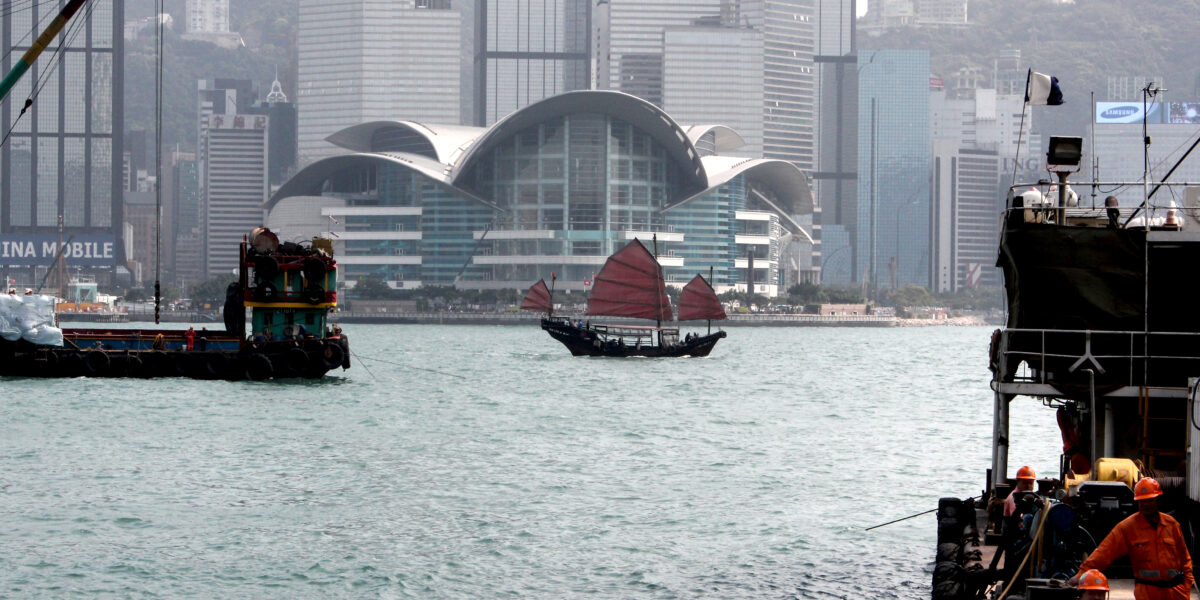
Hong Kong: Ties To The Past –
On byIt is the end of May 2020 and Beijing has passed the National Security Law which will go in conjunction with the Hong Kong Basic Law Article 23 (2003)1. At this moment of time with the effects from the pandemic and the rise of social injustice, there is global unrest. To name a few: territorial conflicts between Palestine and Israel, Brazil’s handling of the pandemic, USA’s racial tension and lack of trust in leadership , Canada’s questionable reconciliation with First Nations, Russia’s tampering of national and domestic affairs, and China’s international and domestic influence.
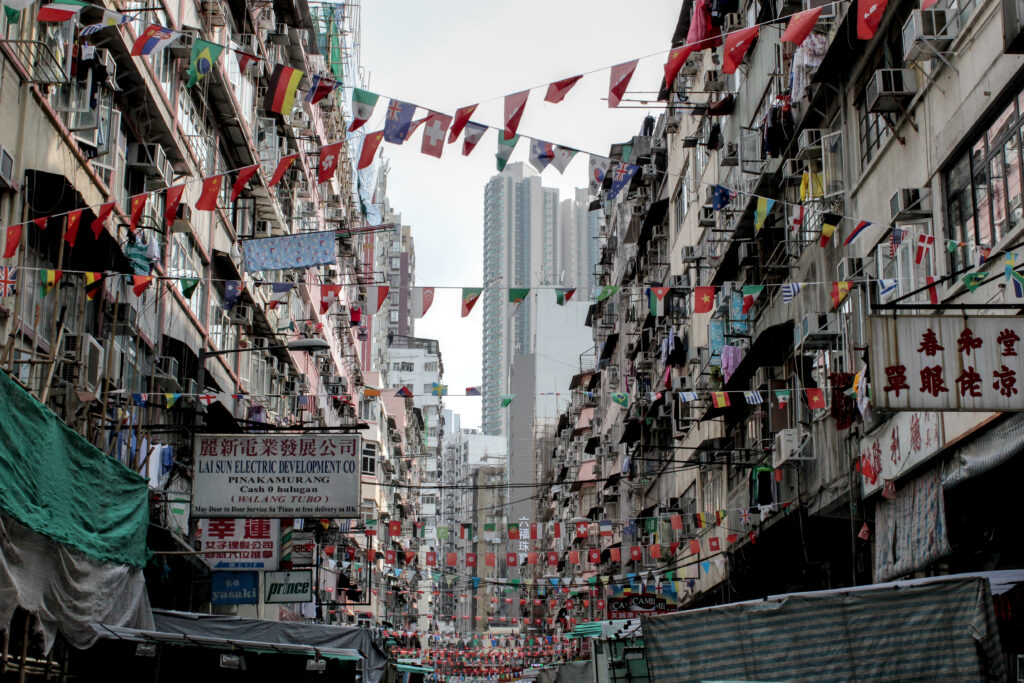
The rise to China’s global domination is frightening, nonetheless impressive. The country’s relationship with other nations and the style of governing of their citizens has attracted international attention: the domination of Tibetan Buddhist2, the genocide of Xinjian’s Uyghurs3, manipulation of Taiwan’s sovereignty4, control of the South China Sea5 (hence the name), Jammu and Kashmir border tensions6, the Belt and Road initiative through debt-trap diplomacy7, and now Hong Kong8. I use the word “impressive” not as to glorify the country’s actions, moreso surprised how they’ve managed to do all of the above while under international spotlight. As we read more articles that provoke a dark and conflicting future, it is important to reflect on how we’ve come-to-be.


It is March 2012. Leaving the airplane, a blast of humid tropical air hits me in the face. Pollution serves as nostalgia and I am reminded that the city hasn’t changed since I’ve visited last year. As half of my relatives are still in Hong Kong, it is a tradition to visit each other alternating locations between Hong Kong or Vancouver. My grandparents reached an age where flying presented too many concerns, thus this flight was one of many consecutive trips. As we left the airport to take the taxi to my grandparent’s apartment, Cantonese was spoken left and right with a few hints of Mandarin. Our cousins, who were only a year older and younger apart, went to school where the official language learned were English and Cantonese. This is expected since folks in Hong Kong culturally have closer ties to the British compared to the rest of China. This can be seen in the education system, social behavioral patterns, and traffic: where cars are being driven on the left side and traffic rules are somewhat more respected.
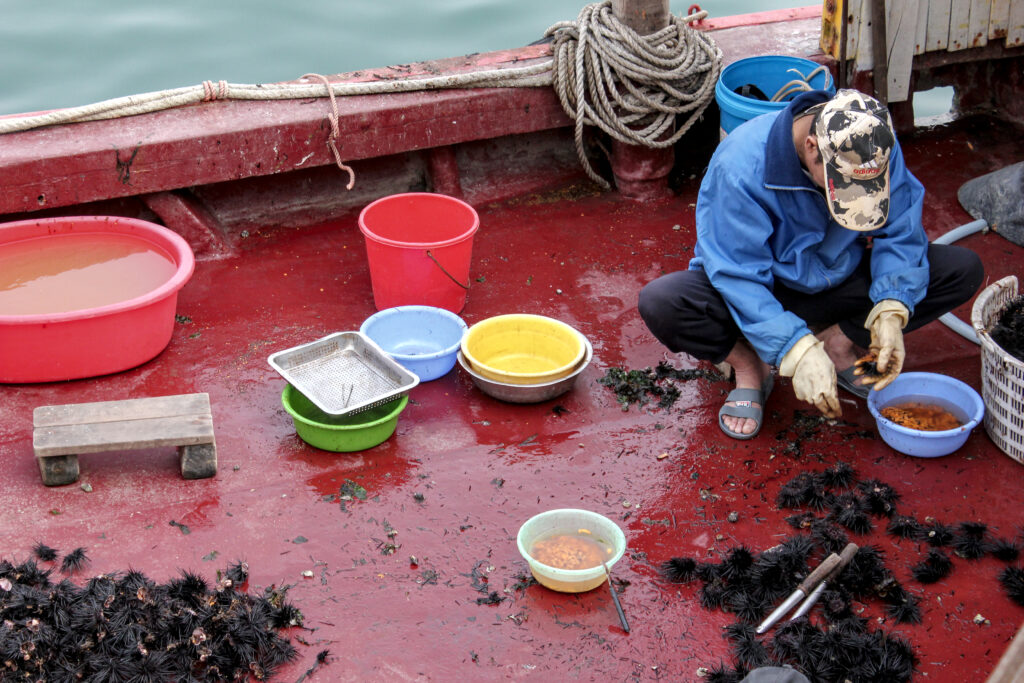
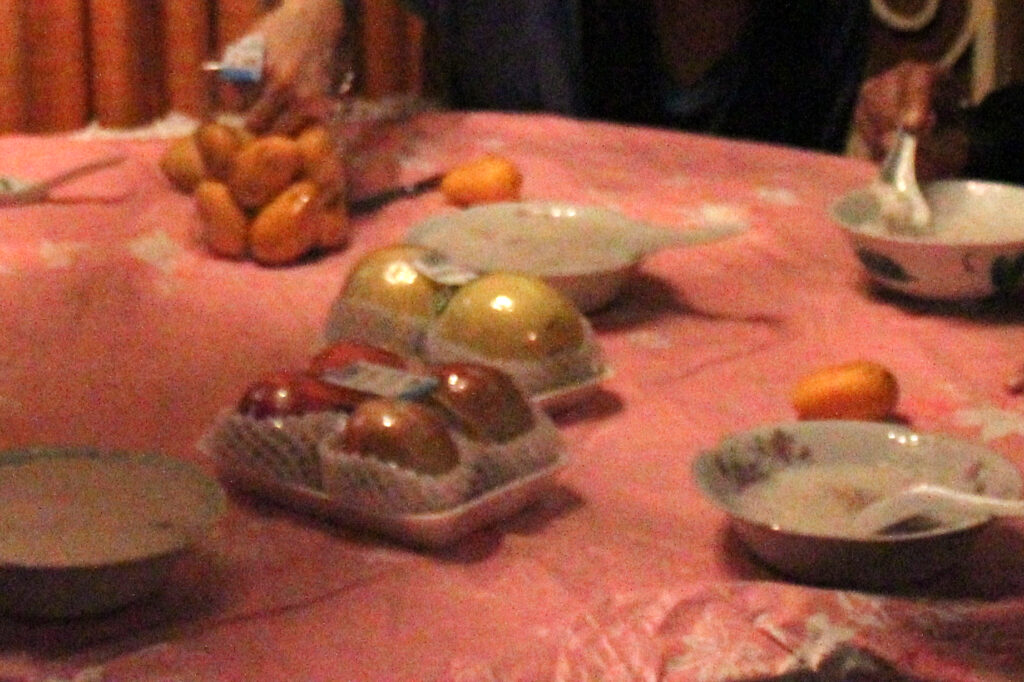
Wandering the side streets and markets was still doable since my broken Cantonese allowed the completion of basic tasks: directions, bargaining, and ordering my favorite dishes. Walking closer to higher-end locations and chain stores, mandarin can be heard more frequently. As Asian aunts like to gossip, it was rumored that Mandarin would soon be the only language taught. Back at our grandparents’ apartment, the TV would be playing in the background. I would always recognize the memorable tricolored logo of TVB news station. Although they were speaking fast, I could still understand the jist: local drama, weather updates, etc…

It is January 2021. One question still runs through my mind: will I ever return? I was never born there, most of my relatives have left due to the political instability, and I have no personal belongings in Hong Kong. The only argument for my illusion of attachment would be the shared heritage and culture. Due to the Hong Kong National Security Law, I accept that fact that I will need to avoid Hong Kong or any Chinese Controlled Territory8 for future travels. Although I do not use China-based social media apps and devices, it is almost a known conflict that our privacy is now a commodity. As we enter 2021, I hope to see more acts of peace and stability around the world. I anticipate the conflicts in 2020 will serve as a perspective of potential chaos for those who wish to not repeat our mistakes.
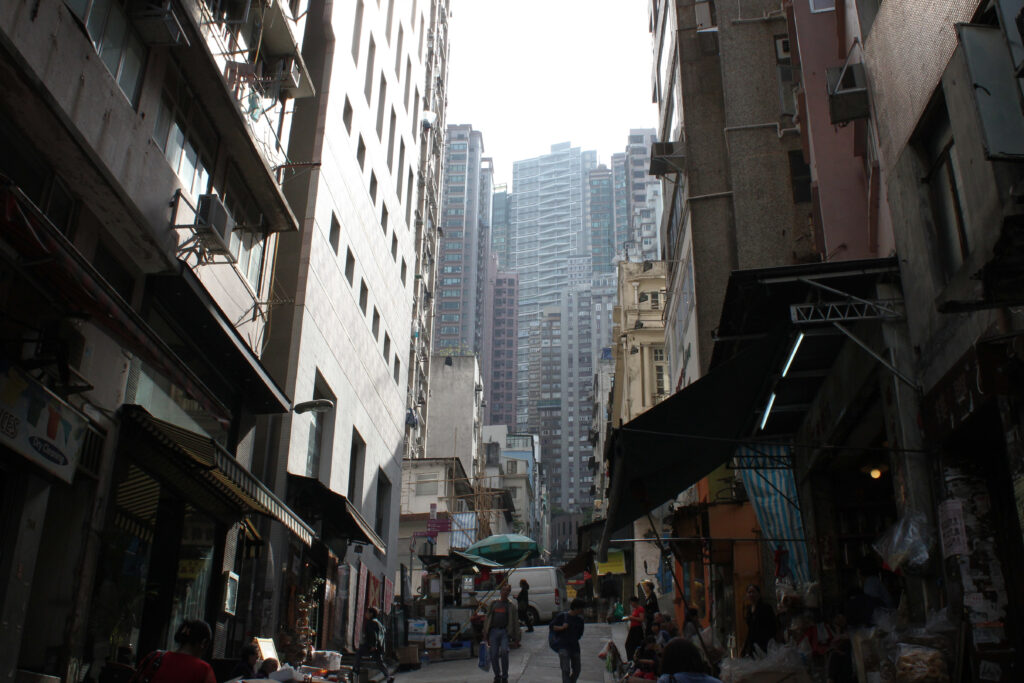
Footnotes
1. Kuo, L. 2020. Chinese Parliament Approves Controversial Hong Kong Security Law. The Guardian.
2. 2019. Tibet Profile. BBC News.
3. Sudworth, J., Long, K., Bartholomew, Z., Milne, B., and Roher, F. 2018. China’s Hidden Camps. BBC.
4. Tian, Y.L. 2020. Attack on Taiwan an option to stop independence, top China general says. Reuters.
5. 2018. South China Sea Dispute: Beijing attacks ‘irresponsible’ US comments. BBC.
6. Osborne, S. 2020. World War 3: China and India clash on border – soldiers tensions boil over into violence. Express.
7. Shepard, W. 2020. How China’s Belt and Road Because a Global Trail of Trouble. Forbes.
8. 2020. Hong Kong security law: What is it and is it worrying? BBC.